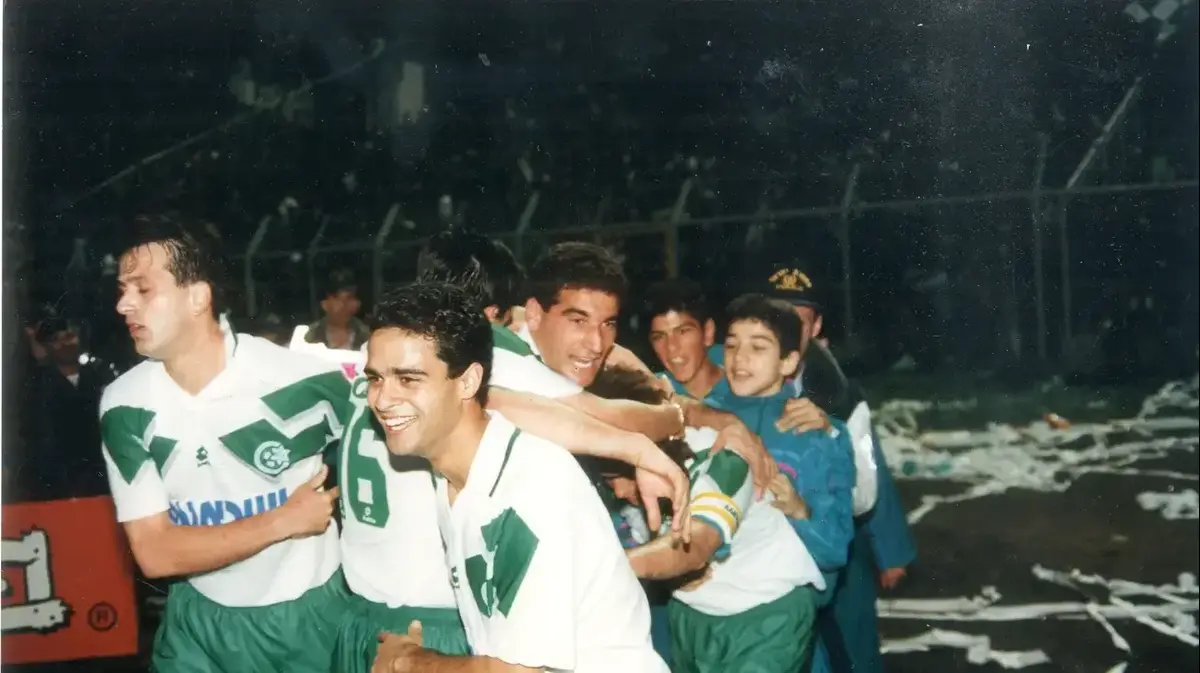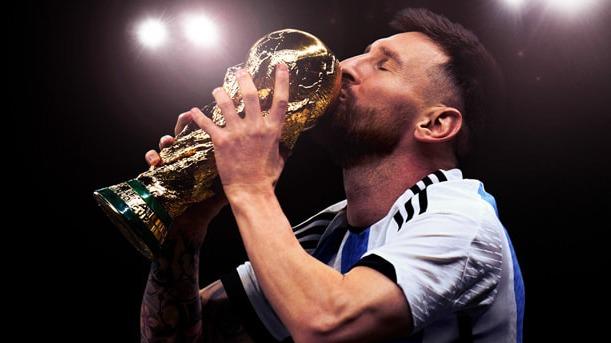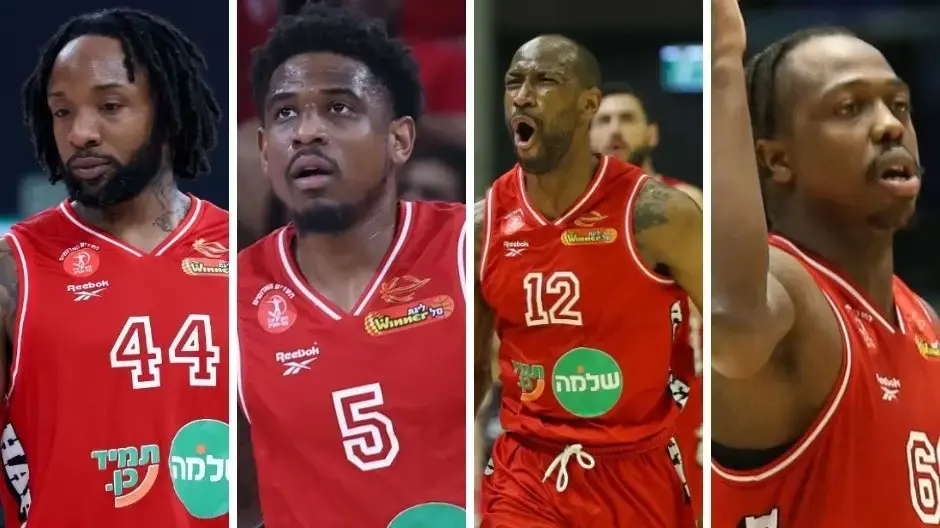John van't Schip (Fort St. John, Canada, of Dutch nationality, 57 years old) trained as a winger at the Ajax school.
One morning in 1981, in training, he saw himself playing with Johan Cruyff, whom he met successively as a teammate, rival at Feyenoord and coach at Ajax.
He was European champion with the Netherlands in 1988 and second to Van Basten on the national team bench.
He currently directs Greece.
Ask.
You played football with Cruyff, although already retired ...
Answer.
We were young and we had an idol that we looked up to, who happens to be the best player in the world.
He had just retired and invited Marco van Basten and me to his house to chat.
As we did nothing but talk about football, we ended up playing in his garden.
That kind of thing became normal.
We understood that behind the idol there was a very kind person who wanted to teach.
He transmitted it as a coach, you felt his constant presence.
If? Rinus Michels contemplated the exercises on the side, Johan was involved, participated, was on top.
Q.
What was your method like?
R.
Johan always talked to you about spaces.
The training focused on learning what spaces to occupy in relation to your teammates and the rival.
When he became our coach it was like we went back to school to learn to read.
At first it was difficult because Johan always thought faster than all of us.
But in the end everything he preached came together like the pieces of a puzzle.
We began to understand what he wanted from us when he asked us to pass the ball forward and move at the right moment to the right position.
One of the things he always said was that 80% of the things you do in a field you do with your head, and 20% with your body.
We can all train our body to the limit of its possibilities, but what makes the difference in high competition is the way you think.
To play like this you need to have someone explain it to you, work with you, show you on the spot what they want, then practice, compete, and keep practicing until in the end you integrate that into your subconscious.
I remember when I came home after training, in my head I kept hearing Johan's voice.
P.
What did Cruyff give more importance, to the touch or to the uncheck to offer himself?
A.
It is a balance.
The
tiqui-taca
is the ball at the foot: you pass, you pass, you pass.
You pass so that your opponent approaches the ball and generates a space on his back, and that's when you move to that space to receive.
Possession only works if there are changes of pace.
Q.
How do you adapt your Ajax philosophy to Greek culture?
R.
It is one of our challenges.
If you look at the team's pass, shot and position statistics on the field, we've changed a lot.
We play more on the attack, and we select players willing to change their philosophy.
But we have also seen the good things about Greek football: they are always well organized defensively, they are fighters.
We must accept that the Greek team in recent years suffered a very severe decline in their game.
For three years we have tried to restore their confidence to play in a different way.
Q.
What is the difference in character between the Dutch and the Greek footballer?
A.
There is great pressure here.
Olympiacos, Panathinaikos, PAOK, AEK… They are much more concerned with winning the games.
So much so that when a team is winning 1-0 or 2-1 they completely change their approach to protect the advantage.
In Holland, most of the teams that score 1-0 continue to seek 2-0, 3-0… In Greece, they begin to follow the path of change that Italy began a few years ago.
We live in an era in which teams that want to achieve important things discover that they need to control the ball like Liverpool, City, Barcelona, Madrid or Bayern do.
You can no longer say: "We are going to close behind and counterpunch."
I'm not saying that everyone has to play like City, but you need something more than to get behind.
That is what we are trying to achieve here: to give the national team a new identity.
Maintain all that the Greeks can do well by adding a more adventurous way of playing ball.
Against Spain the game will be special: Spain is the favorite and we assume that they will have the ball more than us.
That is something we have to adapt to while still looking for a result.
Q.
Do Greek players who were born in this century want more ball?
R.
Young people have changed their minds.
Today, football is a globalized phenomenon in which any child has access to the Champions League matches and foreign leagues.
Young Greek footballers have been watching for years how it is played in Spain, England or Italy, and, most importantly, the new coaches of the Greek quarry as well.
You can follow SPORTS on
and
, or sign up here to receive
our weekly newsletter
.

/cloudfront-eu-central-1.images.arcpublishing.com/prisa/BMDH5TJTY5DDPB2ESOUT6VGXEY.jpg)

/cloudfront-eu-central-1.images.arcpublishing.com/prisa/Q35JFU2UG5F67HWZI4DKGPPK4I.jpg)
/cloudfront-eu-central-1.images.arcpublishing.com/prisa/4ZA4DV7XJGBIOW2WUNTEIYFH6U.jpg)






/cloudfront-eu-central-1.images.arcpublishing.com/prisa/S7UVDTX7DREC7DXVCZN6MEKGBY.jpg)



